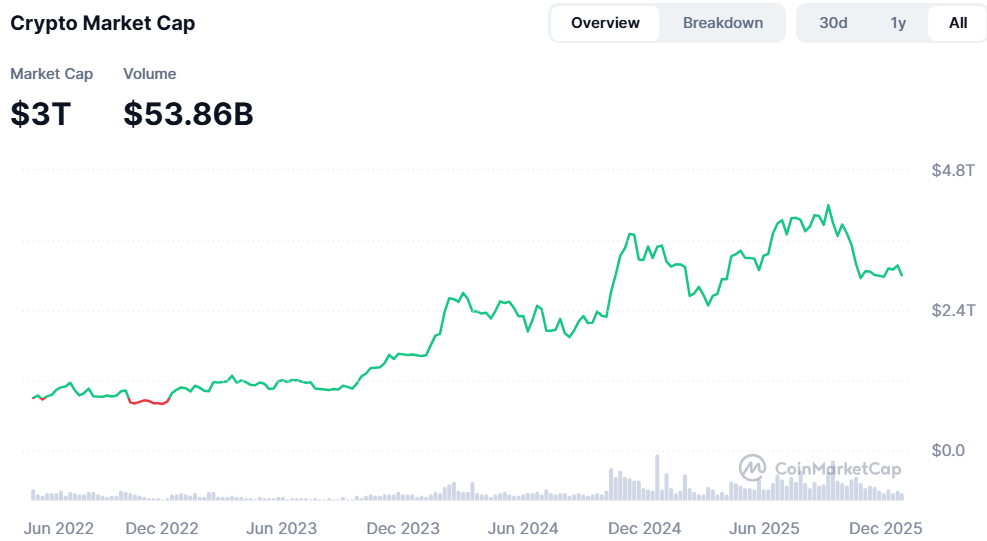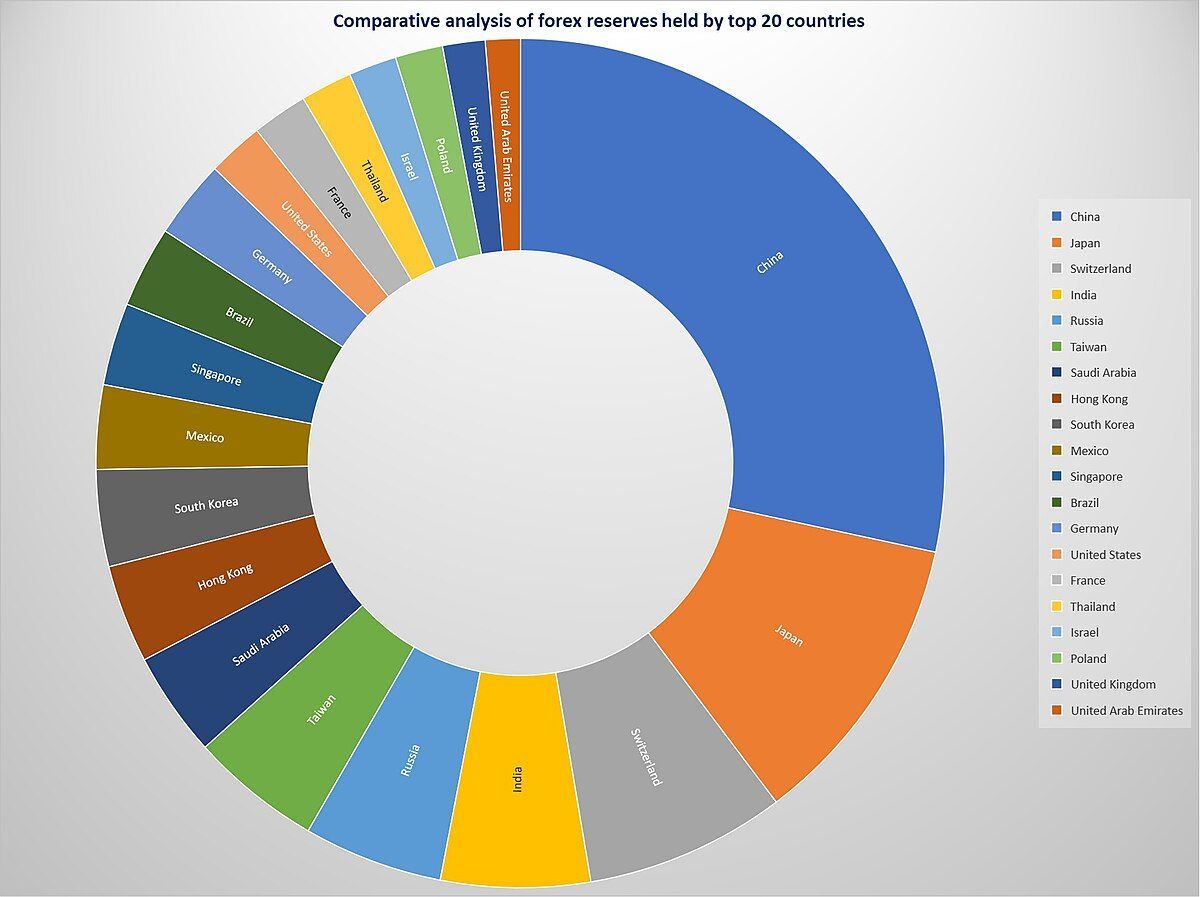Colin Read • May 17, 2024
A Trade War Nobody Wins - May 19, 2024

Elon Musk has been incredibly innovative in spurring the development of new technologies for electric vehicles. His designs have inspired other innovators to expand the realm of the possible. Companies around the world are also now developing their own solutions to rockets that can return to Earth, machines that can dig tunnels, batteries that can be built faster and cheaper, roofing materials that can generate electricity, and cars that can run as far on electricity as gas cars run on hydrocarbons.
In just about every dimension, some company is actually producing a mousetrap better than the one Musk made. No company is stealing Musk’s designs. They are simply taking his ideas farther and building them cheaper. That is how scientific and technical progress works.
We all benefit from this constant drive for technological improvement. The resulting efficiency and quality gains enrich everybody, and even have the capacity to move us to a sustainable global economy. A few nations such as the United States, Japan, and now China have excelled in this upward path of innovation. We then enjoy better consumer electronics thanks to Sony, better cars thanks to Tesla, cheaper manufactured goods thanks to the incredible competitiveness of Chinese manufacturers, and cheaper access to space thanks to SpaceX.
We all benefit because of these innovations, and that raises the standard of living worldwide. Knowledge not of other’s designs but of the realm of the possible also spurs further innovation in a virtuous cycle. This is the true American Dream.
We even sometimes give this process a kick start. Musk has benefited immensely from subsidies to place his factories in various locations in the U.S. and globally. By 2015 alone, Musk’s companies had received almost $5 billion in subsidies. With each military purchase of SpaceX rocket launches, Musk’s companies earn tens to hundred of millions more in subsidies. SpaceX will launch perhaps a hundred times this year and Musk already owns most of the satellites in the sky. His solar panel business has received huge subsidies as well, directly to the firm and indirectly to subsidies to those who purchase residential and commercial solar. Communities worldwide have leapt over each other to shower benefits on Musk's battery and car plants in hopes of attracting him to their regions.
The recent Inflation Reduction Act doled out hundreds of billions to producers of sustainable electricity that will fuel the electric vehicles for which consumers receive upwards of $10,000 per car in government subsidies. In fact, the $370 billion of subsidies from the 2022 IRA are the most massive subsidization of energy innovation at one time in the history of the world.
These subsidies pale in comparison to those offered U.S.-based hydrocarbon producers over the years. The U.S. directly subsidizes petroleum production to the tune of tens of billions of dollars each year and implicitly subsidizes production through shareholder tax breaks that include a lower tax rate for unearned income compared to earned income. Globally, the industry is estimated to receive $7 Trillion of subsidies each year.
China has imitated U.S.-style subsidy industrialization complex with its own plan as well, but to a far lesser extent. BYD, the Chinese car company that stands for “Build Your Dream,’ has accumulated about $3.7 billion in subsidies over the decades. Their residents enjoy purchase subsidies, but not nearly to the scale enjoyed in the U.S. China’s government does so for the same reasons the U.S. government does. The long term benefits to reduced hydrocarbon consumption in the absence of an appropriate carbon tax makes such domestic subsidies worthwhile. The stated goal of Biden’s IRA is also to help transition toward a more sustainable economy.
Just as Chinese consumers appreciate the lower price of a Tesla because of the subsidies Musk receives in China and from the innovations partially funded by U.S.subsidies, those who purchase BYD electric vehicles around the world benefit as well. Any sort of export subsidy is a gift to other nations. We do it, the Chinese do it, the Europeans do it. And consumers worldwide benefit.
In fact, the World Trade Organization agrees with what most economists know. Subsidies that make a product cheaper elsewhere is good for consumers, while tariffs that try to exclude goods from other countries are universally bad for consumers. Adam Smith described these effects when he founded the modern study of economics in 1776, the same year a new nation was forged on the principle of economic and personal liberty and creativity.
I guess our leaders may not have taken an entry level economics class because the U.S. is about to levy a 100% tariff on cars and sustainable energy products made in China. The incredible new BYD automobiles with good range and great engineering that one can buy elsewhere in the world for $20,000 will cost $40,000 if they make it to our shore. These cars will be snapped up in Mexico and Canada, but they won’t be available in the U.S. once the administration has its way.
U.S. consumers will also see the price of domestic EVs rise. Reduced competition under protectionism gives domestic producers more pricing power and a greater degree of market concentration and monopolization. These forces hurt domestic consumers. U.S. manufacturers will also be deprived of world-leading EV batteries made by China's CATL at low cost and high value everywhere but in the U.S. While other countries will enjoy 600 mile batteries, U.S. consumers will complain that long range batteries are just too expensive. That alone can stagnate U.S. EV adoption for many years at the precise time we need reduced dependency on hydrocarbons.
We have described the economics. There is no economic argument for the administration’s proposed actions. Our consumers are hurt, our domestic EV industry is coddled and need not compete or innovate as hard, our greenhouse gas emissions from motor vehicles will defy reductions, China will sell its cars elsewhere, and we will also suffer a massive trade war. Their eye for ours will leave us all blind.
In this column you frequently see the contrast between politics and good economics. Our competitiveness and our access to leading edge technologies will take a generational hit as candidates pander to gain votes in a couple of swing states fearful of global competition. It appears personal political calculations outweigh the tens and hundreds of billions of dollars lost to U.S. consumers as we spark a generational trade war, with its implications on many other dimensions of the frail U.S./China relationship. All this for a few votes here and there from those who are making uncompetitive electric vehicles in a few swing states.
Even industry leaders are concerned. When Ford CEO Farley heard about recent innovations from China's BYD, he responded “I like BYD. Totally vertically integrated, aggressive … very, very impressive company. And they were always committed to electric.” He added that, if politics prevents cheaper EV technologies from arriving in the U.S., the consumer will be “screwed” with higher prices. Another Big Three CEO added that American consumers were “just going to end up with more inflation inside the bubble.” Stelantis' Tavares added: “Protectionism has a lot of drawbacks. They don’t appear immediately; they appear one after the other.”
These corporate leaders do not want to win a 100 meter race by receiving a 50 meter head start. They fear we are going farther down the road of what economists universally lament. We don’t sow the seeds of innovation and competitiveness by protecting a few jobs in industries and areas that cannot compete. We instead do what was once ingrained in our psyche. We get to work producing a better mousetrap. No economist would argue that protectionism breeds innovation and a superior pace of research and product development. The word "protect" should not be found in the same sentence as "competitiveness", but it is instead associated with higher profits and reduced innovation at consumers' expense.
I can’t explain politics, except to observe that a lot of dysfunctional policies occur when there are quests for power and influence under the theory that might makes right and ethics and economics fly out the window. The political theory to advance very short term gain comes at the expense of long run economics and of our capacity to free up resources by producing better mousetraps. The economics of innovation once provided us with a better standard of living for us all, especially those who can least afford it. I realize that there is a lot of gamesmanship in politics, but in the game of trade wars that may well overflow into broader conflicts between great nations, we all lose.









